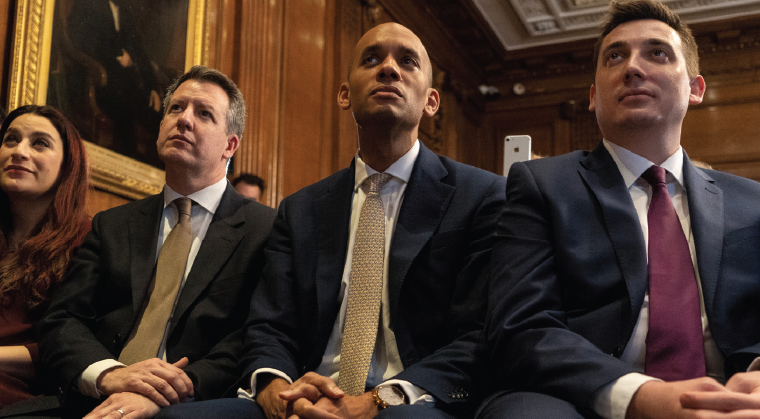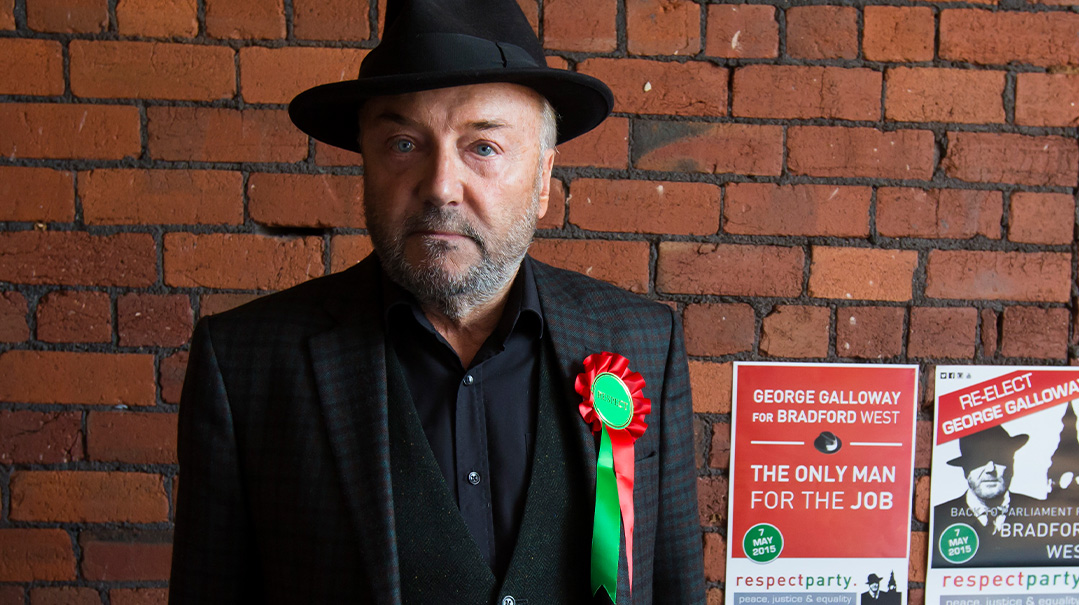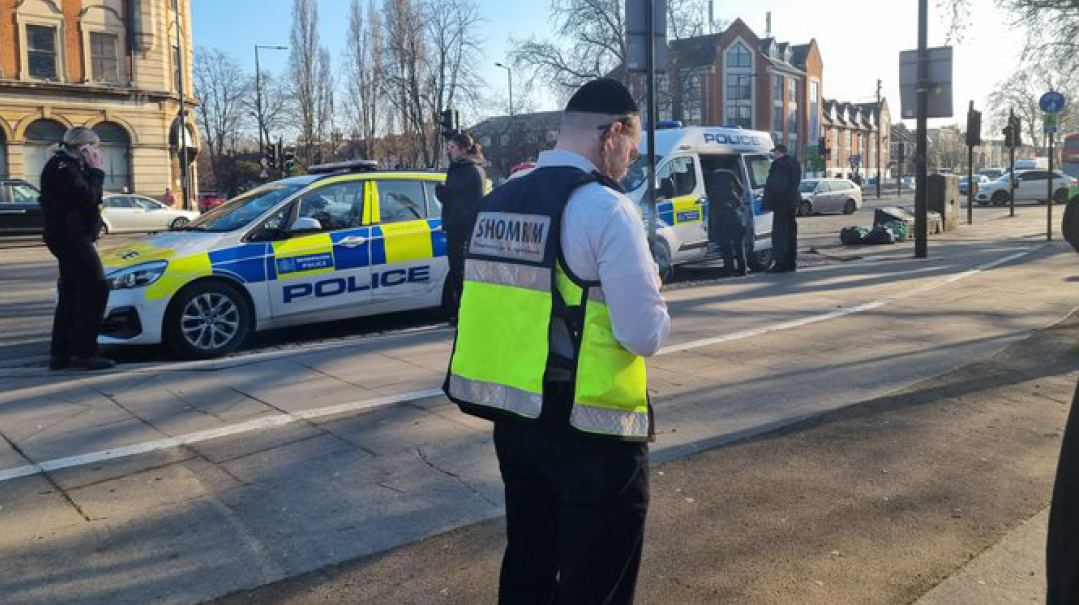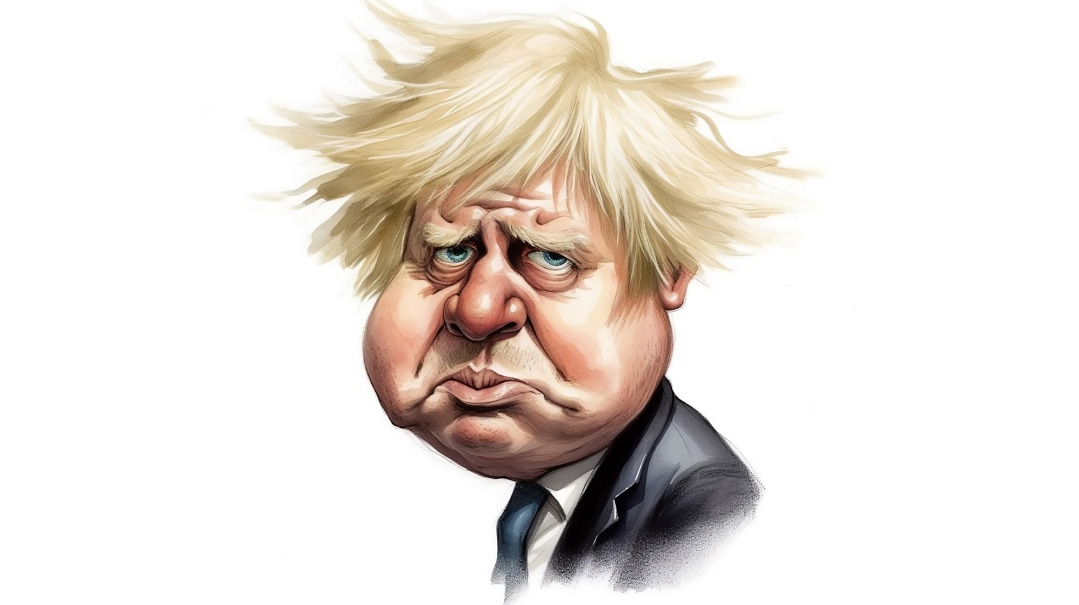Labour Splits, Corbyn Sweats


“I’m not an anti-Semite — I just don’t like Jews,” declares the proverbial bigot.
For anyone doubting the rot that has eaten into Jeremy Corbyn’s Labour Party, the response to the latest British political convulsion was illuminating.
Last week, eight Labour MPs resigned from their party to protest Corbyn’s leadership — the toxic anti-Semitism that pervades the party, as well as his refusal to back a second Brexit referendum. Luciana Berger, a Jewish MP who has been a lightning rod for some of the most vicious bigotry, said she’d reached the “sickening conclusion” that Labour under Corbyn had become “institutionally anti-Semitic.”
Calling themselves the Independent Group, the breakaways were quickly joined by three pro-European Conservative MPs unhappy with Prime Minister Theresa May’s stand on Brexit. A new YouGov poll shows the Independent Group draining considerable support from Labour in an election, taking 14% of the vote behind Labour’s 26% and the Conservatives’ 38%.
The response in Berger’s constituency of Liverpool Wavertree more than justified the claims of anti-Semitism. One social media user called Berger “a Zionist extremist who hates civilized people.” A slightly more moderate constituent told the Guardian newspaper, in a decidedly unguarded moment, “She [Berger] didn’t deserve to be treated that way… even though she is Jewish.”
Labour deputy leader Tom Watson, a moderate, responded to the shakeup, saying, “Anti-Semitism is a light sleeper. This is certainly a wake-up call for the Labour Party.” But Jeremy Corbyn slapped down his number two, denying that bullying exists on a “wide scale” inside Labour.
With the Westminster rumor mill hinting at more impending resignations, this rupture could weaken Labour and put Number 10 Downing Street beyond the reach of Britain’s anti-Semitic hard left. Whether the Independent Group can form a viable party in the long term is another question.
The UK’s first-past-the-post electoral system is merciless to upstart parties like the Independent Group. A party need not secure a majority within an individual district to win, but only garner more votes than other parties. In a race where Candidate A wins 40%, and B and C win 35% and 25% respectively, A will be declared the winner. A party that does this consistently will gain only 40% of the national vote, but will win a majority of Parliamentary seats. The Conservatives and Labour typically fill the A and B slots in British elections.
The most recent demonstration of this was in 1982, with the Social Democratic Party (SDP), which won 25% of the overall votes, but only 26 out of 650 seats in Parliament. The same arithmetic will make it very difficult for the Independent Group to become a viable party.
But former Conservative MP Paul Goodman says they could still have an impact: “The Independents have moved the needle already, creating pressure on Jeremy Corbyn to agree to a second [Brexit] referendum.”
Ultimately everything hinges on what happens with Brexit — now just around the corner on March 29. Here’s how:
The system could come apart
If the UK crashes out of the EU without a deal, both main parties will be hard hit. Theresa May will be blamed for dragging the country into disaster, and Corbyn for being a bystander. Former Conservative MP Heidi Allen says a third of Tories are disaffected by their party’s handling of Brexit. In this scenario, a centrist, pro-Remain party based on the Independent Group has a chance of becoming the country’s major third party.
The Conservatives could win
If Theresa May successfully negotiates an EU deal through Parliament, thereby avoiding a no-deal scenario, then the Tories could win big from this breakaway. That’s because the Conservatives rebels have a specific problem with a catastrophic no-deal Brexit, and not with May herself; but many Labour MPs are against everything Corbyn stands for. Many more Labour MPs would hold Corbyn responsible for not fighting Brexit, whereas Conservatives would have no reason to leave.
May’s strategy
Brexiteer Tories are estimated at about 100 MPs, just under the 120 MPs said to be in the pro-Remain camp. Given the balance of power, says Paul Goodman, the prime minister’s strategy is to wait for the Brexiteers, the Remainers, or the EU to crack as Brexit Day nears.
(Originally featured in Mishpacha, Issue 750)
Oops! We could not locate your form.













